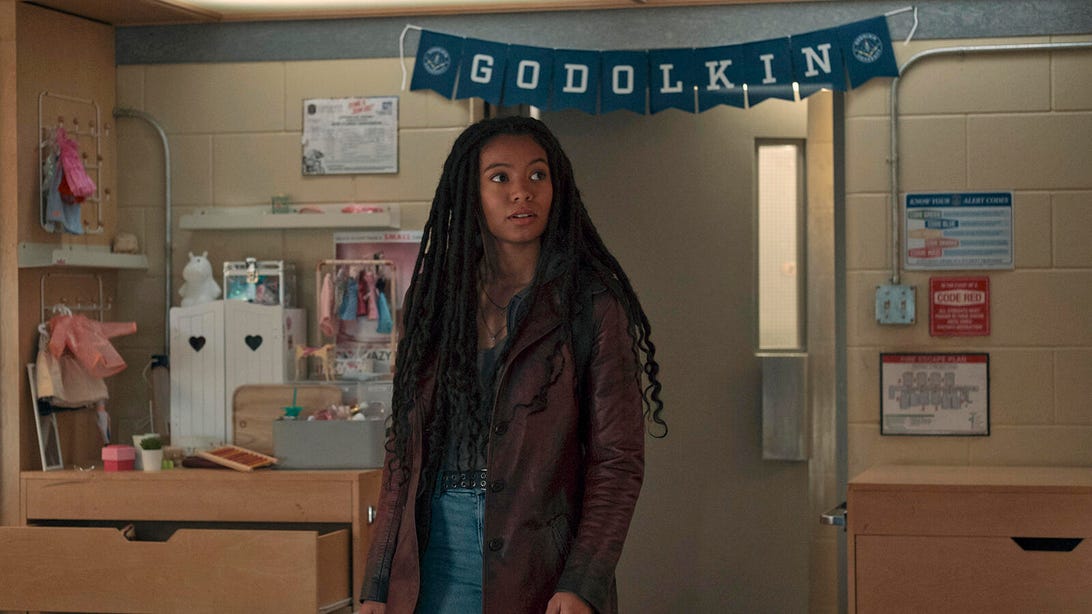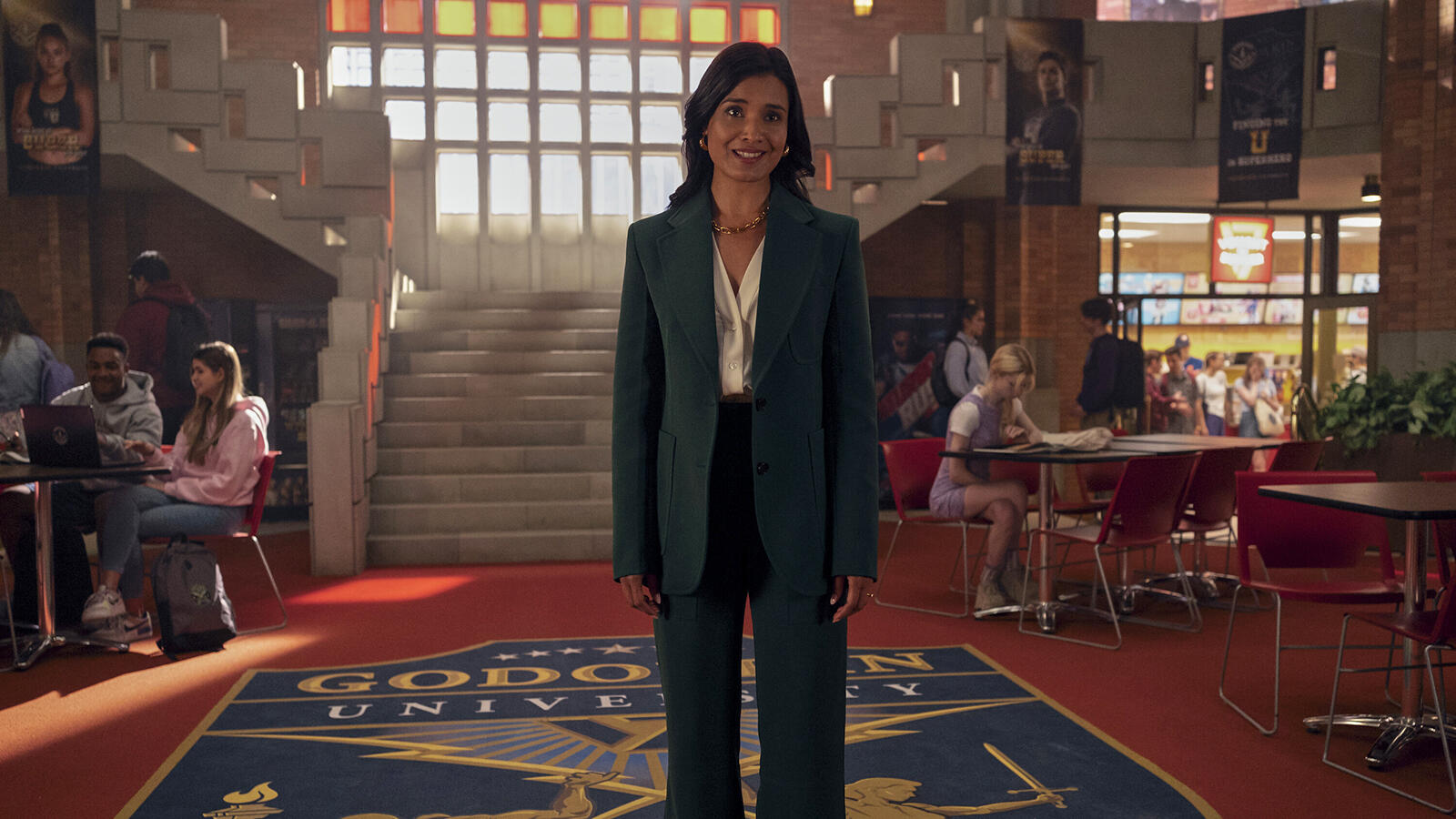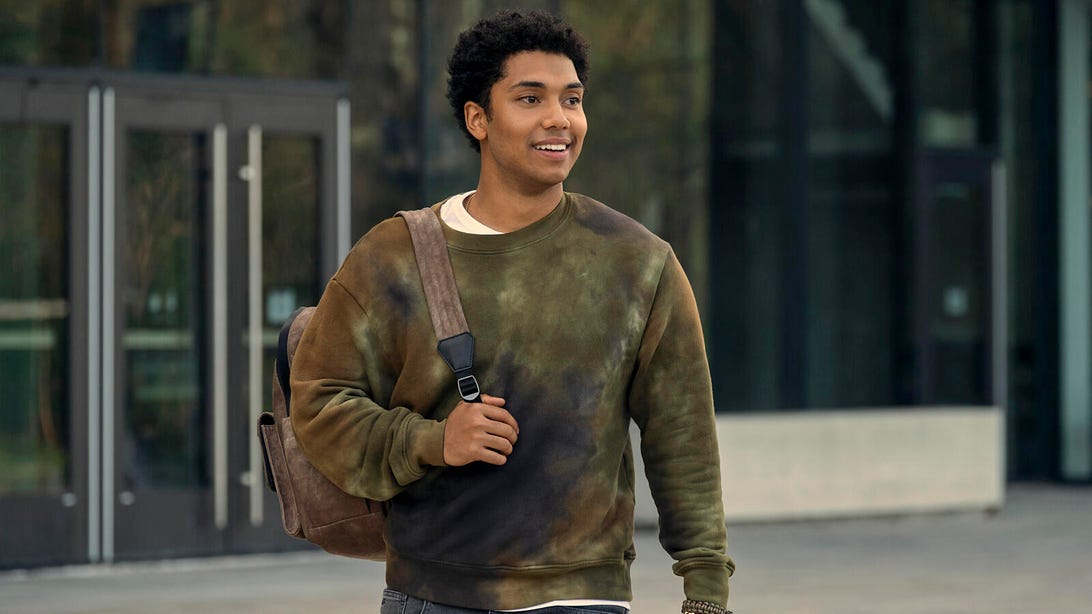More of the same awaits fans of the violent, cynical Prime Video superhero series.
The Boys universe is starting to resemble its own parody.
Without its sarcastic edge, Prime Video’s flagship series would be nothing, and at first, its status as a caustic comedy felt like a welcome challenge to the superhero industrial complex. However, as the show intensifies the mind-numbing extreme that first made it so original, it becomes more difficult to overlook the paradox that is sustaining both this program and its developing cinematic universe.

Yes, it has always been subtly funny to know that one of the main defenders of the system supports such a harsh indictment of capitalism. However, at some point in time, Amazon became aware of the joke, which made it less humorous. The Boys gained notoriety by taking on the untouchables, but these days, all they have to do is remind us of how awful the world is, how unreliable individuals can be, and how meaningless the struggle truly is. It seems as though The Boys is stuck in a bygone era that nobody really wants to delve into in their spare time, considering that we’re already submerged in a sea of nihilism.
One could say the same thing about Gen V, a spin-off that was just as reluctant to break the pattern of insincerity as The Boys was to bring new life into this cosmos. To be fair, the latter’s dormant sneer does seem more appropriate on a debauched college campus, where almost every youngster you meet is just as conceited, egotistical, and devious as the next. That’s how teenagers appear to non-teens, isn’t that right? At least in that regard, Gen V seems perfectly aligned with the blatantly mature, excessively harsh anime from which it draws influence. Sadly, it’s only providing a few shocks targeted at teenagers, and it lacks the means to explore any of it with the creativity its characters merit.

In all honesty, Gen V does have a slight advantage over its predecessor. The Boys’ elite groups rely on a powerful blend of broad appeal and elitism to justify their existence. Only the strongest heroes—or, to tell the truth, the most appealing heroes—make it into the Seven: The consequences of a hijabi hero—a hero possessing bat-like senses—having ambitions on Vought Tower have previously been demonstrated. To put it mildly, they never really succeed in maintaining the company’s brand. However, that idea is beyond the comprehension of Godolkin University’s up-and-coming heroes. Not quite yet, anyhow. With the exception of a weekly rating that publicly displays their abilities, the majority are unaware of how slim their prospects of achievement are slim to none.
Nowhere is that more apparent than with Marie Moreau (Jaz Sinclair), an impossibly optimistic freshman joining Godolkin for the fall semester. Her can-do attitude feels in complete opposition with her morbid blood-bending powers and the lengths she has to go to access them. They’re intrinsically tied to a tragic past she’s determined to make up for; her full ride to Godolkin is just the first step on an ambitious redemption arc. Marie wants to become the first Black female member of the Seven, but the fact that she essentially has to self-harm to use her powers doesn’t exactly make her hero material.
There are many such supes at Godolkin, supes whose powers are either too weird or too dangerous to get them any closer to the clout they’ve spent their lives chasing. Marie’s roommate, Emma (Lizze Broadway), is basically Ant-Man with a problematic power trigger; her new frenemy Jordan can oscillate between a male and female form (played by Derek Luh and London Thor, respectively). Each of their powers would be a tough sell for Middle America, but from the bubble of their Vought-owned-and-operated campus, they’re told that their dreams are still well within reach. At God U, they’ve got just as much of a shot as Magneto clone — and resident nepo kid — Andre (Chance Perdomo), Human Torch stand-in Luke (Patrick Schwarzenegger), or powerful telekinetic Cate (Maddie Phillips). We know these kids are in for a rude awakening eventually, of course. It’s only a matter of time before they see their benefactors for what they really are, and Gen V wastes no time in shattering the illusion. When a suicide rocks the school and blows open a campus-wide conspiracy, their true education effectively begins.

None of this is all that foreign to The Boys obsessives: If we’ve learned anything from the series’ endlessly recycled story, it’s that the system is irrevocably broken. Cops can’t protect anyone, American politicians are complicit, and the supes here to save the day are little more than perverts most of the time (or worse: fascists!). Gen V remixes this thesis the way that only a teen supe show can, with familiar high school stakes, lofty therapy-speak, and snappy Whedonisms where actual team-building should be. Oh, and lots and lots of sex. It works in the way that 13 Reasons Why or Skins works, even in its blatant disregard for any kind of subtlety. After all, that’s never really been a strength of the Boys-verse. But as a portrait of youth in a scary new world, is Gen V actually bringing anything new to the table?

Here’s the thing about our postmodern pop culture landscape: Everything’s already been done, so everything runs the risk of feeling… well, derivative. Gen V might be guiltier than most, if only for its determination to appeal to an increasingly unapproachable generation. It’s got all the bells and whistles of a superpowered Euphoria, but where that series at least has something of a finger on the pulse, Gen V feels woefully late to the party. The issues that fuel its many subplots would have felt scandalous 10 years ago; now, they only date it. So too do the series’ many jokes. References to Dave Chappelle skits and five-year-old scandals feel like breadcrumbs for the adults tuning in for fear of missing out. But aside from the inherent Boys plotlines carrying over to Gen V, it’s hard to say that anyone would really miss much by skipping it.






